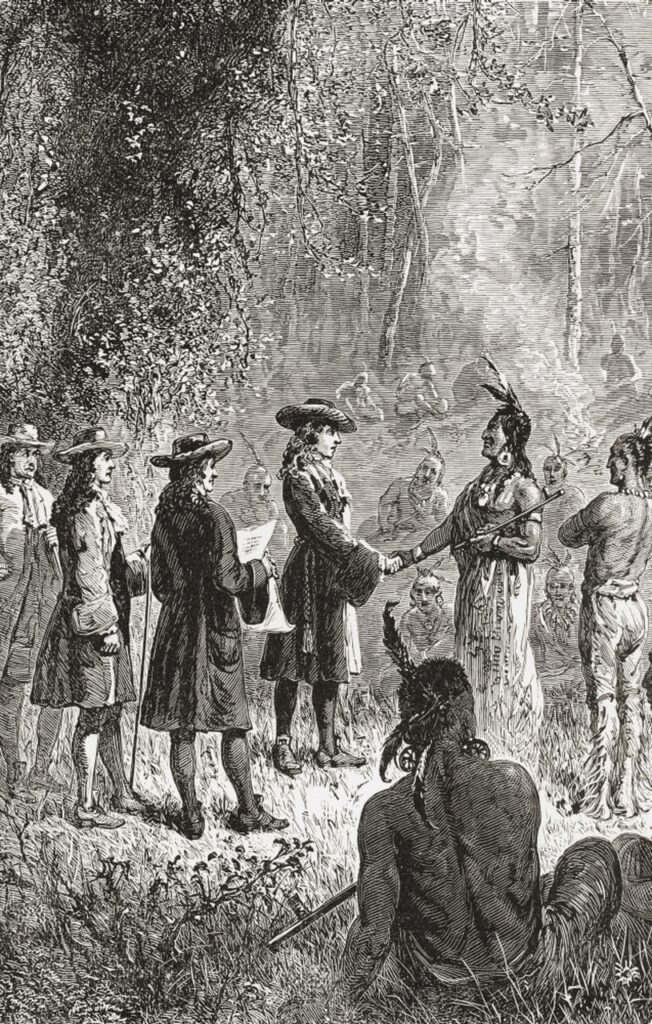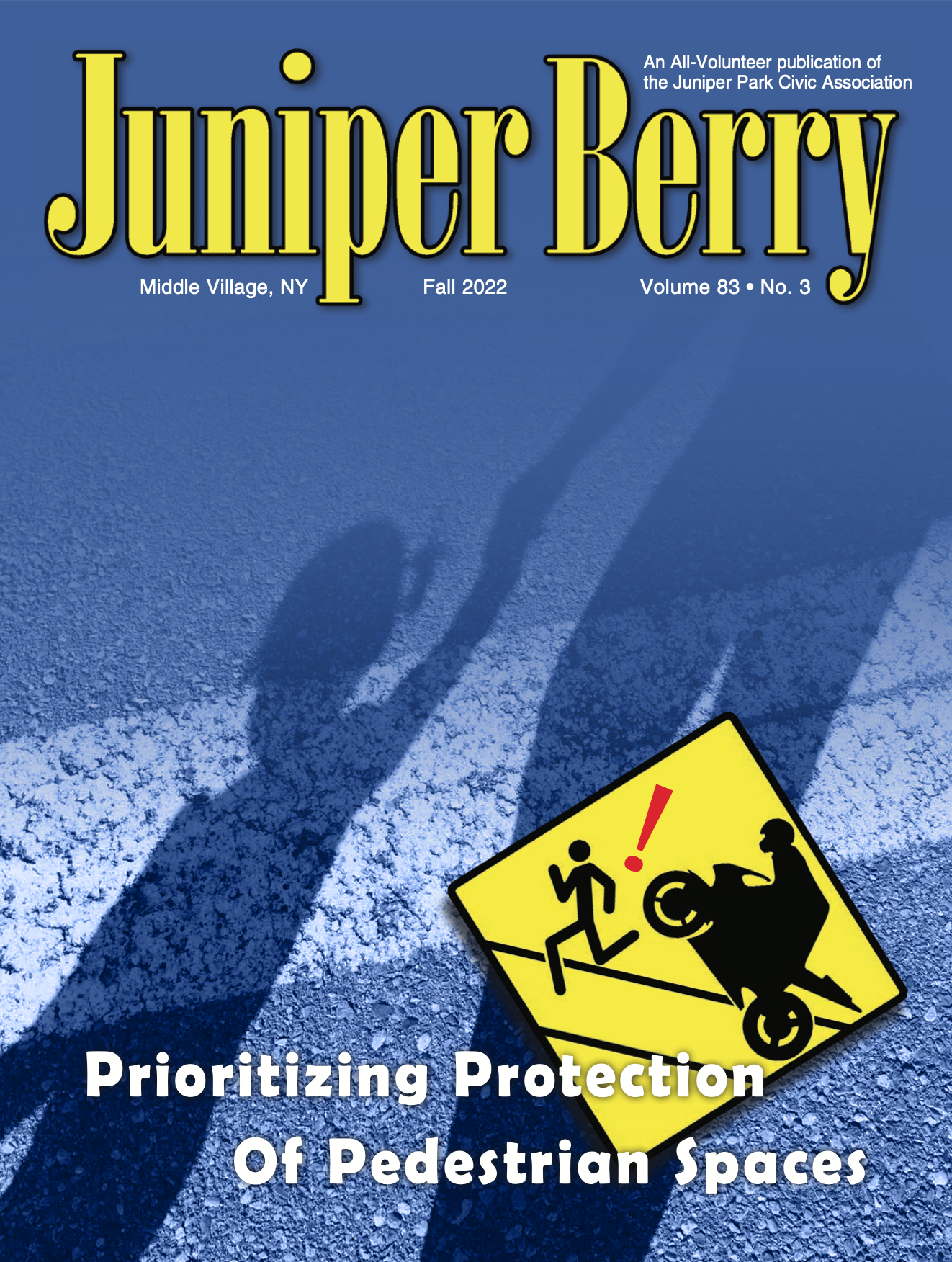Excerpt of From Maspeth to Sugar Creek: A Story of Two Families
Thomas Case had only recently slipped out of the colony because rumors were circulating about him. He had learned of a place called Maspeth on Long Island where a certain Indian tribe was willing to sell land to a peaceful group of Quakers. He pleaded with his brother John before he left to join him there in the purchase of land.
“John, you and your family may be at Massachusetts Bay. Haven’t you seen enough of the humiliating punishment, the torture, the killing of innocent people? Our God sent a message of peace, grace and forgiveness, love and compassion through his son, Jesus Christ. How can you live among such hypocrites?”
Finally, John decided that to ensure the safety of his family he should join Thomas on Long Island. Not that he agreed totally with the loose ways of the Quakers, but more for the love of his family and concern for his brother. Buying land in Maspeth would allow them a place of refuge.
John and Thomas joined the group of Quakers planning to purchase land from the Massapequa tribe. It was agreed that the boundaries be marked, with their chief Tachapousha, and tribal council attending as witnesses. Never before had John been in direct contact with natives. Anxiety overcame him, not quite anticipating what to expect. He wondered so many things. Although he did not understand what the natives were communicating, he could tell, though their actions were peculiar at times, that they were an intelligent and proud people.
One Indian’s appearance seemed especially striking to John. Their eyes met frequently over the course of the meeting. This Indian looked to be about the same age as John. He pondered about the differences in their cultures and spiritual beliefs. Were all natives really satanic as some of the sermons he had heard had declared them to be? John caught the Indian locking in on him with an intense and lengthy stare. Did the man notice his uneasiness? Was he thinking similar curiosities about him? As their eyes met, the Indian tilted his head forward in nodding acknowledgment. Then the corners of his mouth turned up at the sides. The deed was signed by all attending including old Suscaneman, and the striking Chagum. It was the year 1656 and the place was Maspeth Kill.
The Indians living in the vicinity of Maspeth Kill had become quite friendly with the Quakers. They found them to be good neighbors. They lived in peace, proved to be honest, and were easily understood for their simplicity and truth. The Quakers even stood up in their defense when threatened by the Dutch. It seemed curious to them that the new governor, Pieter Stuyvesant, perceived the Quakers as a threat. He so much as issued an edict forbidding anyone in the colony of New Netherland from entertaining or harboring a Quaker. No one was allowed to have a Quaker meeting in his house. If so, he would be subject to punishment and a fine of fifty pounds. In the nearby settlement of Flushing, the highly respected Henry Townsend held a meeting and was fined, whipped, and banished from the colony. This upset the townspeople. They protested, citing that under the former governor, the town’s charter ensured inhabitants “liberty of conscience without molestation or disturbance.”
After Henry Townsend’s arrest, Quakers in the village secretly drew up and signed a petition to reaffirm their right religious to religious freedom. They referred to it as the Flushing Remonstrance. The town clerk and sheriff personally presented it to Stuyvesant. He arrested them on the spot and jailed them, then appointed a new group of leaders to run the town.
One morning the Massapequa sachem, Tachapousha, and his nephew Chagum came to the house of Thomas and John Case to offer their Quaker neighbors a safe meeting place.
John’s wife, Sal, gasped as they stepped inside and hastily fled up the ladder to the loft to hide herself under a blanket.
Tachapousha spoke, “We offer our trusted brothers and sisters a place within our homeland to meet in peace and secrecy, so you may pray to your God without fear of punishment. Come with us and we will take you there.”
John recognized the younger Indian as the one who caught his interest at the signing of the land treaty months before. Did they dare to trust the offer?
John glanced at his brother to get an idea of what his response would be. So far, they had not had any problem with the Indians. There had been congeniality on both and up to this point all had been well between them.
Thomas quickly grabbed his coat and stepped into his boots. John decided to be trusting as well and did the same.
It was a late fall morning as the two Indians and the Case brothers walked together into the land of the Massapequa. The scent of fallen leaves and wild nuts permeated the air. As they entered the woodlands, squirrels rustled in zigzag patterns through terra cotta shades of fallen leaves that blanketed the ground. Deer, feeding on wild apples, startled, then leaped and disappeared into the black and brown backdrop of the naked tree line. The journey seemed to be only a few miles to where they reached a large rock overhang. Traces of a campfire ring marked the center of the gathering place.
Tachapousha said, “You may meet here. You will be safe. No trouble.”
Chagum smiled, nodded his head, and added, “You be friends to us. So we help.”
Both brothers graciously thanked the two Indians for their kindness.
On their way back through the woods to the cabin, Thomas brought up the subject of Sal to John.
“I wonder if your woman’s still hiding beneath her blanket.” John uttered an uneasy chuckle.



